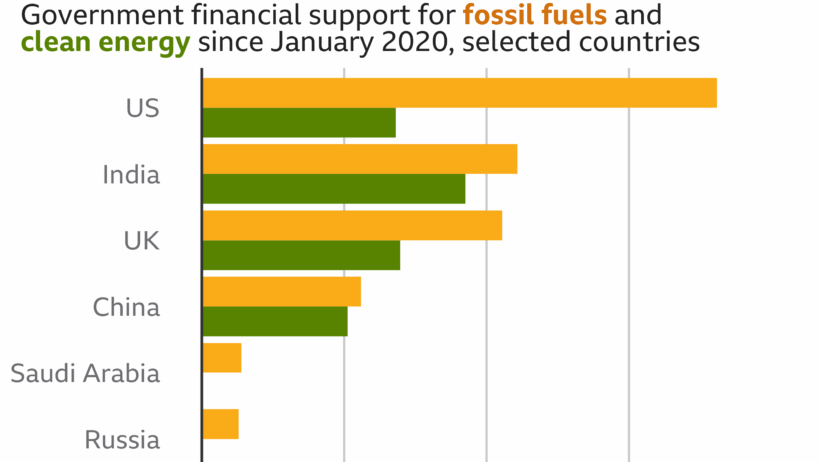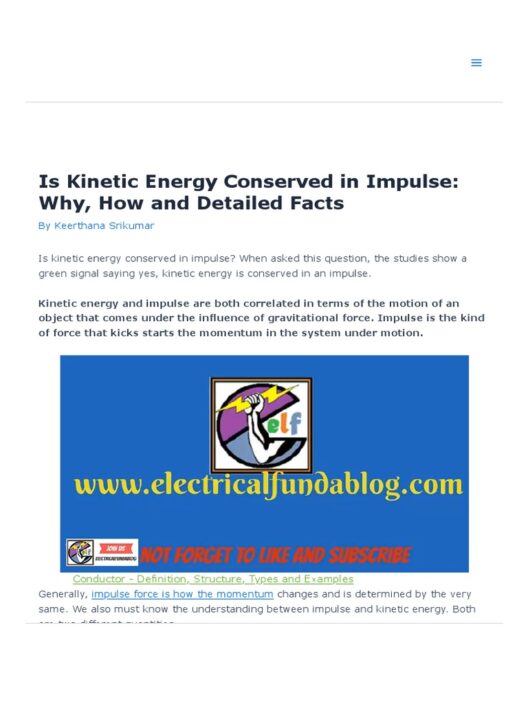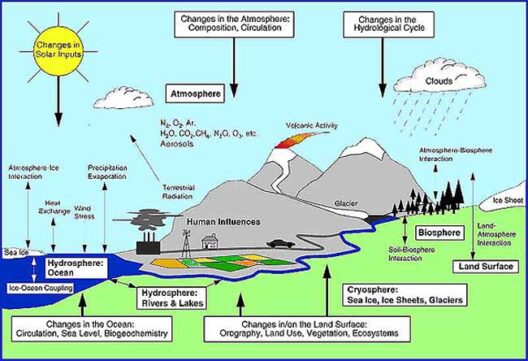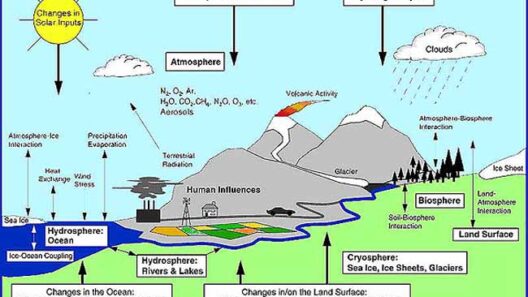Oil’s heavy hand, like a relentless puppeteer, pulls the strings of modern society, orchestrating a symphony of convenience and comfort while simultaneously orchestrating an environmental calamity. The oil and gas industry stands as a Goliath of energy, often overshadowing the myriad consequences of its fossil fuel dependence. This discourse delves into how fossil fuels contribute to global warming, their entrenched influence in our daily lives, and the urgent necessity for transformative action.
The story of fossil fuels begins in the depths of the Earth, where ancient organisms transformed into oil and natural gas over millions of years. This geological alchemy gave rise to an energy source that fuels not only our vehicles but also our industrial machinery, home heating systems, and the very fabric of modern urban life. We have become utterly reliant on these hydrocarbons, woven into our societal tapestries like dark threads through a vibrant fabric.
However, this reliance comes at a staggering cost. The combustion of fossil fuels releases copious amounts of carbon dioxide and other greenhouse gases into the atmosphere, trapping heat and precipitating global warming. The physical manifestation of this phenomenon is not merely an abstract concept; it manifests in melting glaciers, rising sea levels, and increasingly erratic weather patterns. The connection between fossil fuel combustion and climate change is as undeniable as the rising tide that threatens coastal communities.
To comprehend the gravity of the situation, consider this: for every barrel of oil burned, an average of 0.43 metric tons of CO2 is emitted into the atmosphere. This insidious contribution to the greenhouse effect acts much like a cozy blanket that, while providing warmth in the short term, ultimately suffocates the planet. The relentless rise in global temperatures due to this phenomena has led to severe heatwaves, devastating droughts, and intense rainfall. The interconnectivity of these events paints a harrowing picture of a future that could be marred by ecological collapse if current trends persist.
Yet, the entrenchment of fossil fuels in our society is formidable. Industries reliant on oil — transportation, agriculture, manufacturing — create a web of dependency that is exceedingly challenging to untangle. The appeal of fossil fuels is undeniably undeniable, offering comparatively low costs and high energy density that has made them the backbone of industrial progress. This convenience has blinded many to the catastrophic externalities looming in the background, like a ticking time bomb waiting to detonate.
Countries rich in natural resources have found economic prosperity through oil extraction, bolstering their economic stature on the global stage. Yet, amidst this wealth, many have become unwittingly ensnared in the ‘resource curse,’ wherein reliance on fossil fuels incites economic vulnerability and environmental degradation. Nations grapple with the paradox of prosperity juxtaposed against plummeting biodiversity and health crises stemming from pollution and climate change, trapped in a cycle they cannot escape without drastic reform.
As nations convene to address the grave implications of climate change, international agreements such as the Paris Agreement emerge as beacons of hope. This accord strives to limit global warming to well below 2 degrees Celsius, an endeavor requiring a monumental shift away from fossil fuel reliance. Transitioning to renewable energy sources like wind, solar, and hydropower offers a promising solution, akin to a phoenix rising from the ashes of burned oil fields.
However, the transition is fraught with challenges. The fossil fuel industry, wielding immense political influence and economic clout, often resists change, clinging to antiquated paradigms. Lobbying efforts and misinformation campaigns proliferate, stymying public awareness and impeding legislative progress. The urgency for advocacy is paramount; raising public consciousness around the issue is essential for fostering a collective resolve to combat climate change.
Individual actions can also make a considerable difference. The metaphorical shift from ‘fossil fuel dependency’ to ‘sustainable stewardship’ requires a grassroots movement where individuals can claim agency over their energy consumption. Simple acts, such as reducing energy waste, supporting local renewable initiatives, or advocating for sustainable practices, can coalesce into a broader cultural shift. Education plays a crucial role in this endeavor, promoting understanding and galvanizing action against climate complacency.
In the quest for sustainability, the role of technology cannot be understated. Innovations in carbon capture and storage, energy efficiency, and alternative energy sources are pivotal in curbing emissions and mitigating global warming. As society embraces technological advancements, the potential to revolutionize energy consumption emerges, presenting a formidable alternative to fossil fuel reliance. The journey towards a sustainable future may be akin to navigating a labyrinth, but each step forward paves the way for a reimagined energy landscape.
Furthermore, collaboration among nations fosters an environment ripe for change. As stakeholders unite to target emissions reductions and share innovations, the potential for collective change burgeons. Implementing circular economies and emphasizing sustainable development can ensure that economic growth aligns with ecological preservation, achieving a harmonious balance between human demands and Earth’s capacities.
In conclusion, oil’s heavy hand may have dictated the rhythm of modern life, but its grip on the future must be relinquished for the sake of planetary health. The looming specter of climate change necessitates an urgent shift towards sustainable practices, not merely for the sake of future generations but for the well-being of our global ecosystem. The transformative potential lies within our collective response, capable of turning the tide against the impending catastrophe as we chart a new course towards a sustainable, thriving world.







